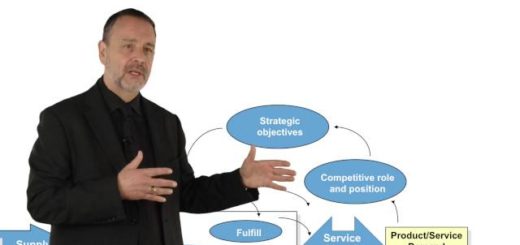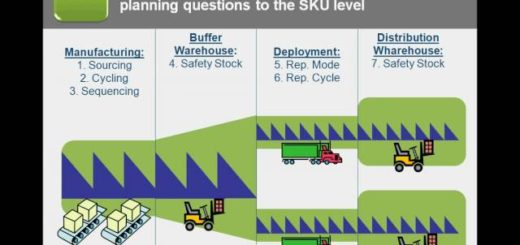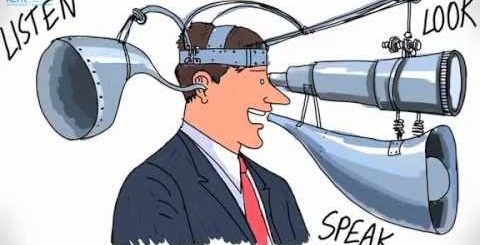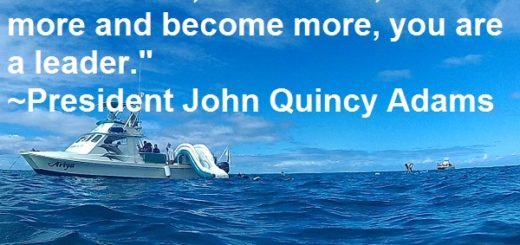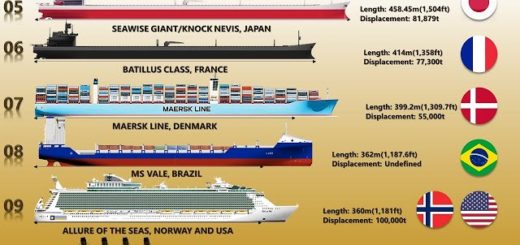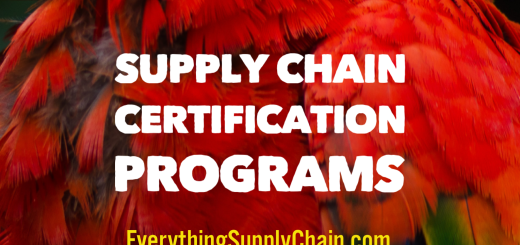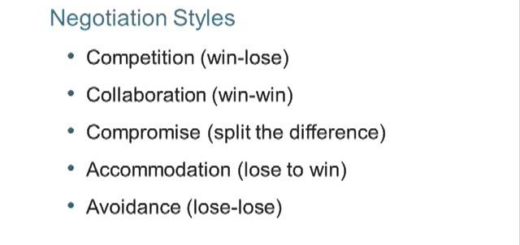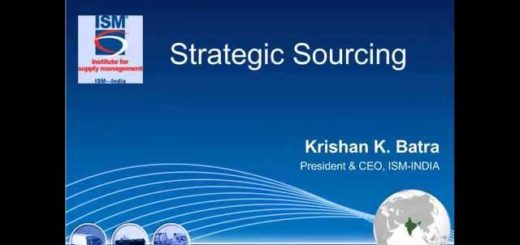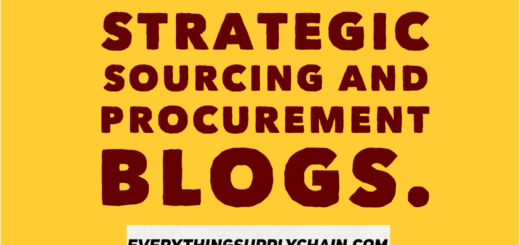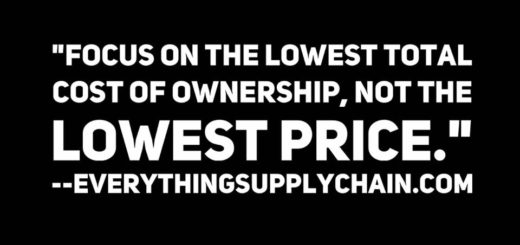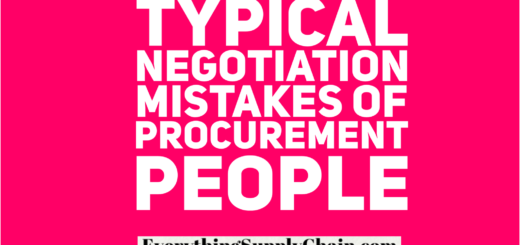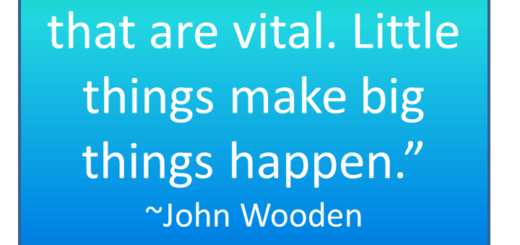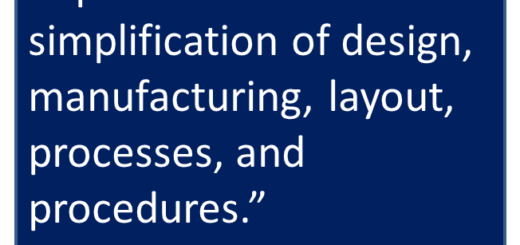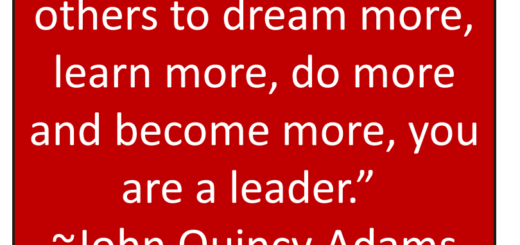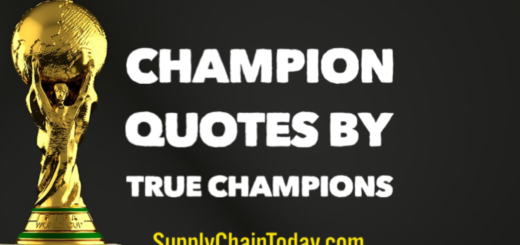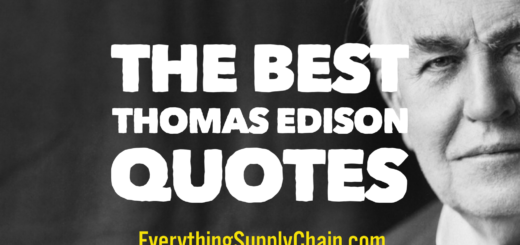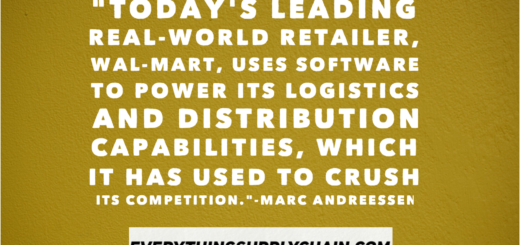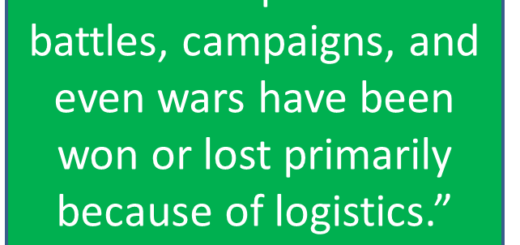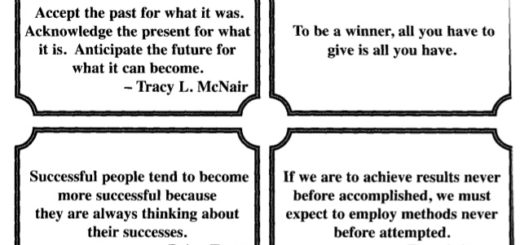Procurement and Purchasing Training.
Procurement and Purchasing Training.
Procurement is a critical function in the supply chain, and there are several key things that procurement professionals should know in order to be successful:
- Understanding of the entire supply chain: Procurement professionals should have a deep understanding of the entire supply chain, including the flow of goods, services and information, as well as the key players and processes involved.
- Strong negotiation skills: Procurement professionals need to be able to negotiate effectively with suppliers in order to secure the best prices and terms for their organization. This includes understanding market conditions, supplier capabilities, and how to structure and execute a negotiation strategy.
- Knowledge of regulations and compliance: Procurement professionals need to be familiar with all relevant laws, regulations, and compliance requirements, including those related to trade, customs, and procurement.
- Strong supplier relationship management: Procurement professionals need to be able to build and maintain strong relationships with suppliers in order to ensure a steady flow of goods and services. This includes understanding supplier capabilities, performance, and potential risk.
- Strong project management skills: Procurement professionals are often responsible for managing large, complex projects, and need to be able to plan, organize, and execute these projects effectively.
- Strong analytical skills: Procurement professionals need to be able to analyze data, including historical purchasing data, market trends, and supplier performance, in order to make informed sourcing decisions.
- Strong communication skills: Procurement professionals need to be able to communicate effectively with a wide range of stakeholders, including suppliers, internal customers, and other members of the procurement team.
- Understanding of e-procurement and digitalization: Procurement professionals need to be familiar with and able to use e-procurement platforms and other digital tools to automate and streamline procurement processes, improve efficiency and reduce costs.
- Understanding of sustainability and social responsibility: Procurement professionals need to be able to evaluate suppliers based on their environmental and social impact and to ensure that they are in compliance with the company’s sustainability and social responsibility policies.
Overall, procurement professionals need to have a broad set of skills and knowledge in order to be successful in their role. They must be able to balance cost, quality, delivery, and risks in order to make the best decisions for the organization.
There are several procurement strategies that supply chain professionals should be familiar with in order to negotiate the best deals with suppliers. These include:
- Strategic sourcing: This involves identifying and selecting suppliers based on long-term value, rather than just the lowest price. It involves analyzing the total cost of ownership and evaluating suppliers based on factors such as quality, delivery times, and reliability.
- Competitive bidding: This involves soliciting bids from multiple suppliers and comparing their offers to select the best one. It can be used for both goods and services.
- Reverse auctions: This is a type of auction in which suppliers bid to supply a product or service, with the price decreasing as more suppliers bid. This can be an effective way to drive down prices.
- Contract management: This involves negotiating and managing contracts with suppliers to ensure that both parties meet their obligations and to minimize disputes.
- Relationship management: This involves building and maintaining strong, long-term relationships with key suppliers. This can lead to better communication, improved quality, and more favorable terms.
- Supplier consolidation: This involves reducing the number of suppliers used by a company in order to improve efficiency and achieve cost savings.
It’s important to note that these procurement strategies are not mutually exclusive and companies can use a combination of them depending on their needs and goals.
Procurement Training and Resources
- 7 Tips for Successful Supplier Relationship Management.
- Apple CEO Tim Cook Supply Chain guru.
- End to End Supply Chain Management Process
- Harvard Principles of Negotiation.
- Science Of Persuasion – Improve Your Negotiation Skills.
- SCM Master: Professor Hau Lee on the bullwhip effect.
- Strategic Sourcing and Better Contract Negotiations.
- Supply Chain MBA – enhance your knowledge and be a top performer.
- Supply Chain Information and Resources.
- The Beer Game. 45 min video. 75K views.
- Understanding Supply Networks as Complex Adaptive Systems.
- Using Smart Contracts to Transform Supply Chain.
- What is Procurement Negotiations?
- What is Supplier Management and Procurement?
